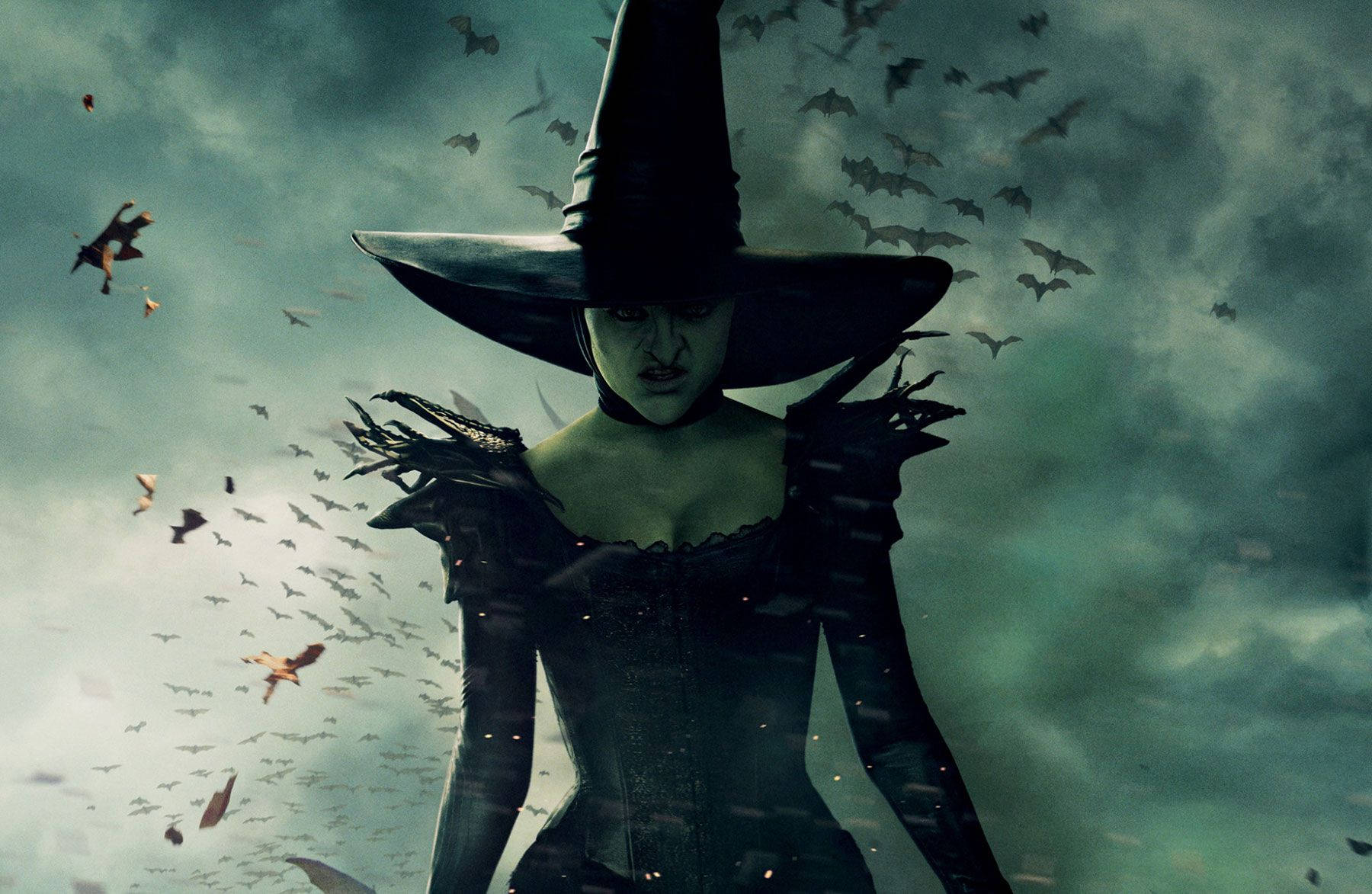
FAQ About Magic in the Middle Ages
Magic in the Middle Ages
2 years ago | gizem
What were the main sources of magical knowledge during this time?
During the Middle Ages, magical knowledge was primarily transmitted through various sources, including:
- Hermetic and Esoteric Texts: Works attributed to Hermes Trismegistus, a legendary figure associated with esoteric wisdom, were highly influential in the development of magical knowledge. These texts included the Corpus Hermeticum and other Hermetic writings.
- Ancient and Classical Texts: Medieval scholars studied the writings of ancient philosophers such as Plato, Aristotle, and Pythagoras, as well as works from Hellenistic and Greco-Egyptian traditions, which contained elements of magical teachings.
- Arabic and Islamic Texts: The translation movement from Arabic to Latin in the Middle Ages brought numerous works on astrology, alchemy, and occult sciences from the Islamic world to Europe. These texts, such as those by figures like Ibn Arabi and Al-Kindi, significantly influenced Western magical knowledge.
- Christian and Jewish Religious Texts: The Bible, especially the Old Testament, contained stories of miracles, prophecies, and divine interventions, which were sources of magical inspiration and reference.
- Grimoires and Magical Manuals: Grimoires were books that contained instructions for performing rituals, spells, and magical practices. Notable examples include "The Key of Solomon" and "The Lesser Key of Solomon," which described the summoning of demons.
- Herbals and Pharmacopoeias: Herbal books contained information on the magical properties of plants and their use in potions, charms, and remedies.
- Astrological Texts: Works on astrology provided insights into celestial influences, planetary magic, and divination through the study of celestial bodies.
- Manuscripts and Handwritten Compendiums: Magical knowledge was often transmitted through handwritten manuscripts, which were copied and shared among scholars, practitioners, and occult communities.
- Oral Tradition and Folklore: Magical practices and knowledge were often passed down through generations via oral tradition, folk songs, chants, and local customs.
- Ancient Grimoires and Classical Magical Papyri: Some ancient texts, such as the Greek Magical Papyri, survived into the Middle Ages and contained spells and rituals that influenced magical practices during this time.
- Secret Societies and Occult Orders: Certain secret societies and mystical orders preserved and passed down esoteric knowledge related to magic and the occult.
- Travelers and Merchants: Knowledge of magical practices and beliefs spread through interactions with travelers, merchants, and pilgrims who moved between different regions and cultures.
